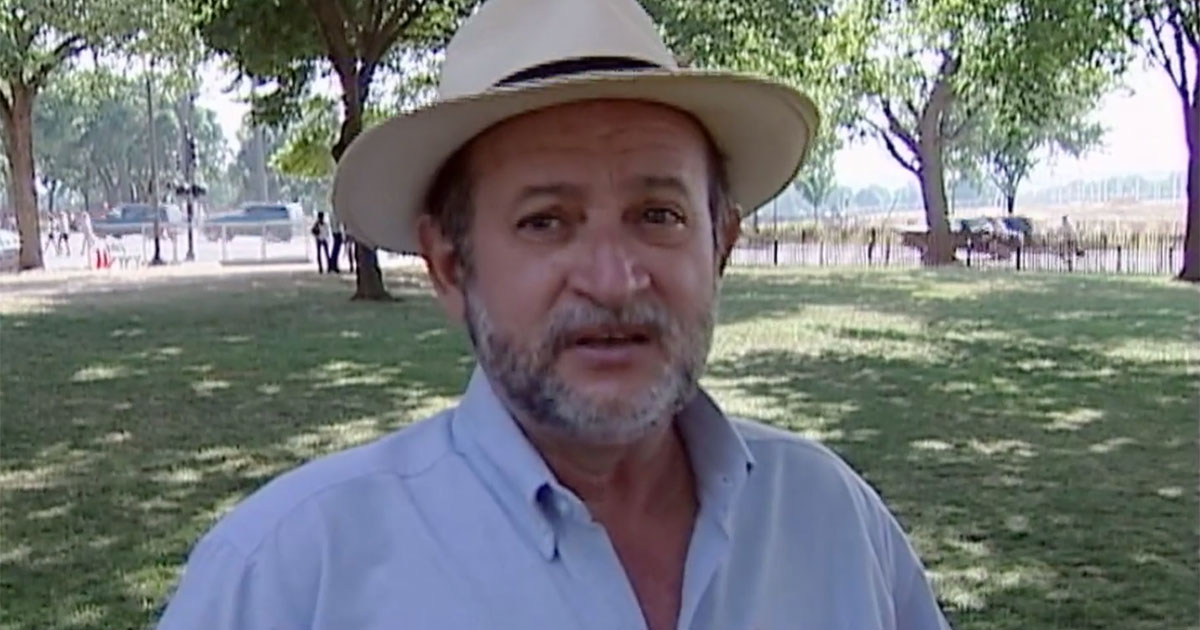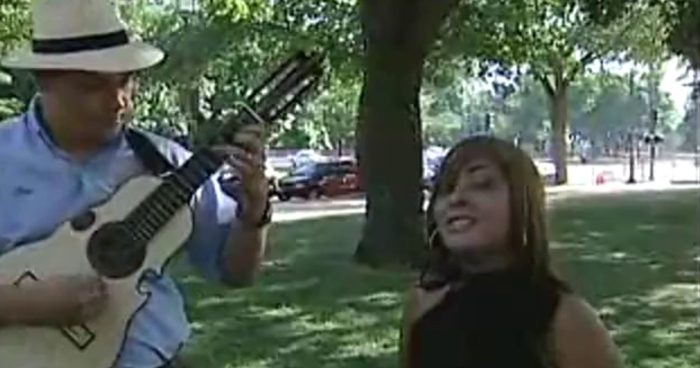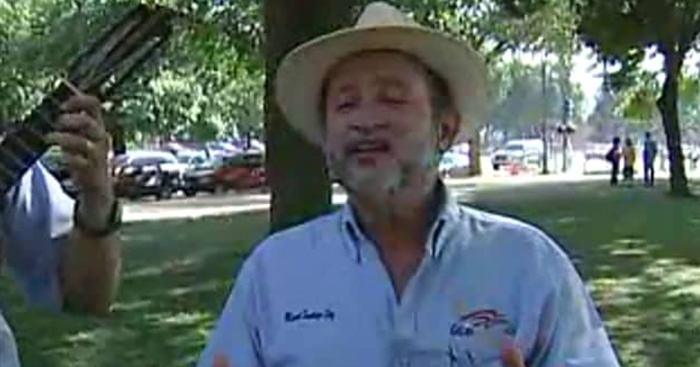


Miguel Santiago Díaz and Karol Aurora de Jesús Reyes record with their group Ecos de Borinquen for the Tradiciones/Traditions Smithsonian Folkways series. Puerto Rico—called Borinquen by the Taino Indians who populated the island—is where jibaro music was born, with it's improvised verses, stringed instruments and purcussion.
Photo by Daniel Sheehy, Smithsonian Institution
José Delgado forms part of the new generation of young Puerto Ricans that play the cuatro. The traditional instrument of música jíbara, the cuatro is a type of guitar. As composer Miguel Díaz explains, "In música jíbara we have three cultural elements that define Puerto Rican: the güiro of Taino heritage, African culture with the bongo, and the guitar that the Spanish brought us."
Photo by Daniel Sheehy, Smithsonian Institution
Ecos de Borinquen represents the best of today's música jíbara—music from the mountainous regions of Puerto Rico—interpreted by six top-flight musicians from the island. Stringed instruments and sung poetic forms that date back hundreds of years to Spanish prototypes are combined with the Caribbean percussion sounds of the güiro rasp and hand drums.

- Miguel A. Santiago Díaz, leader, vocals
- Luis M. Cruz, bongos
- Pedro Hieye González, first cuatro
- Pablo Manuel Hernández, second cuatro
- Harry Meléndez, güiro
- Ramón Vázquez, guitar



